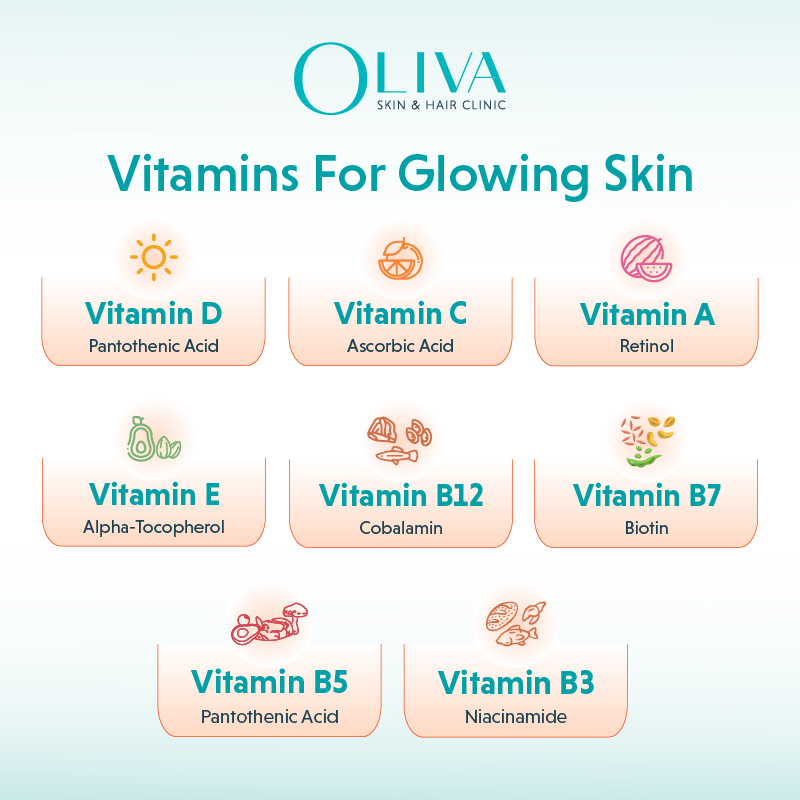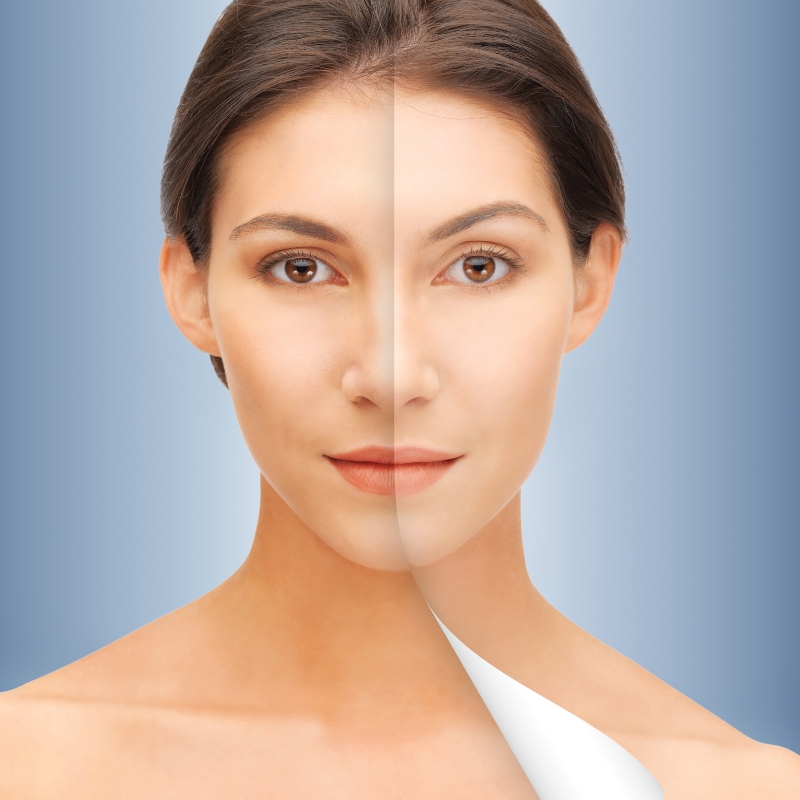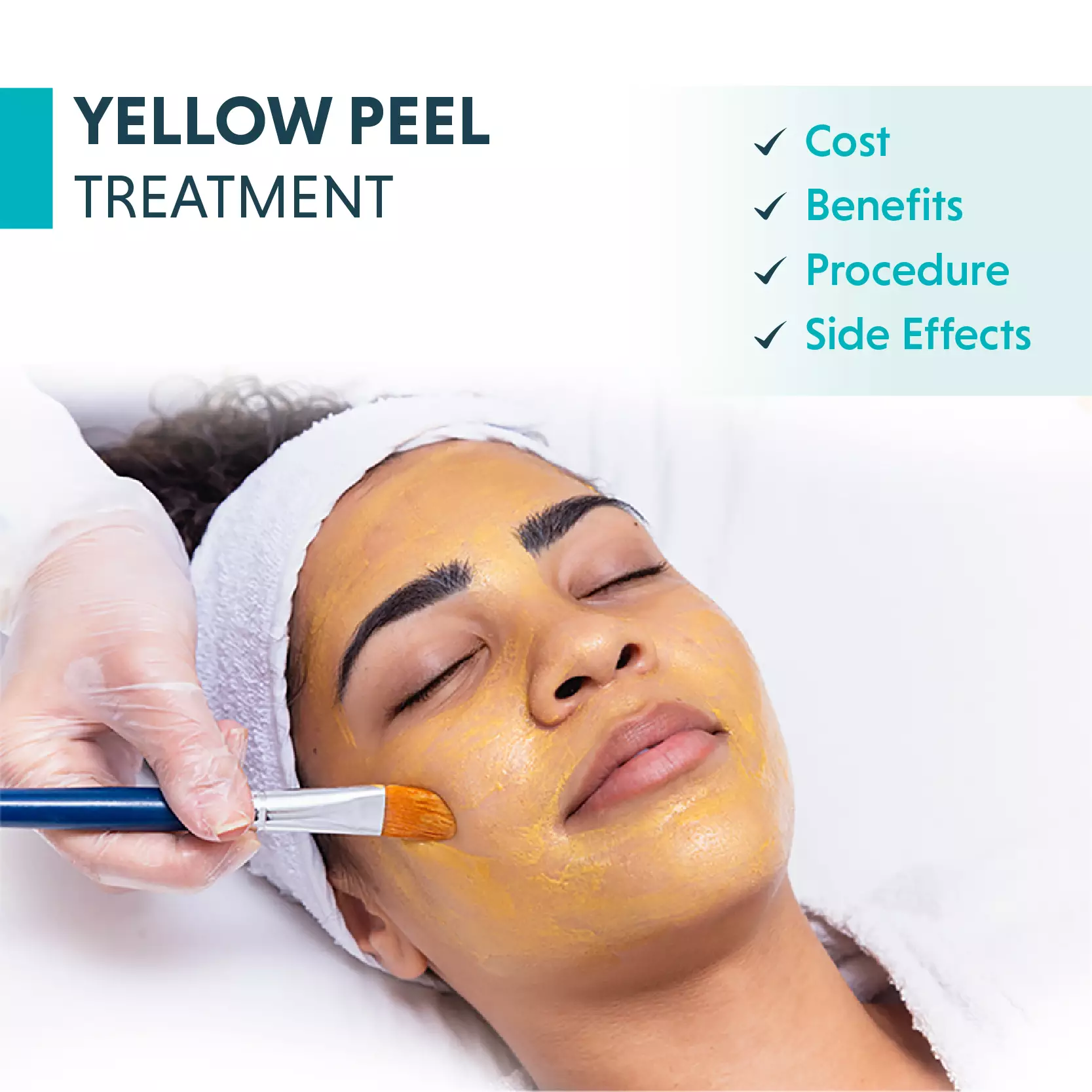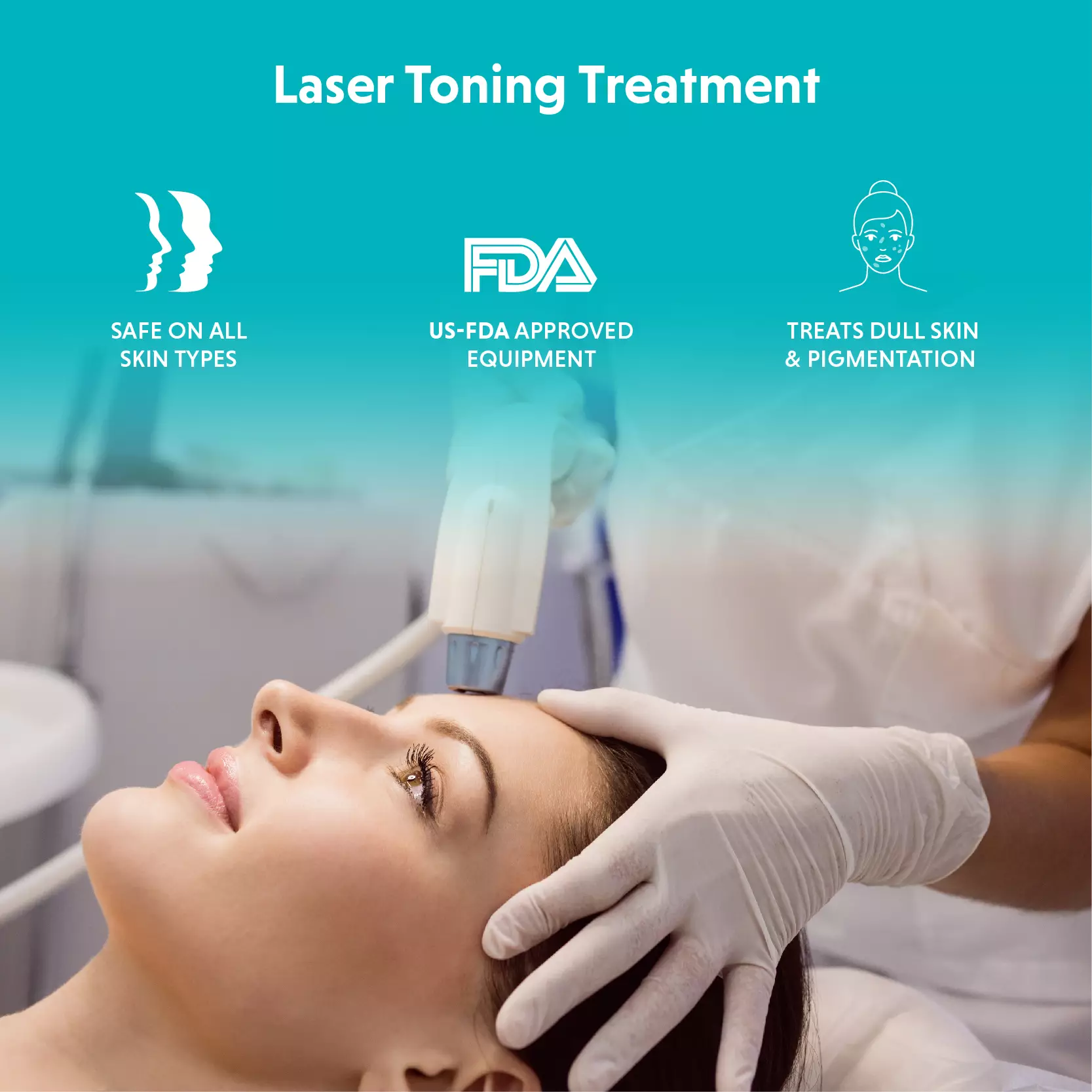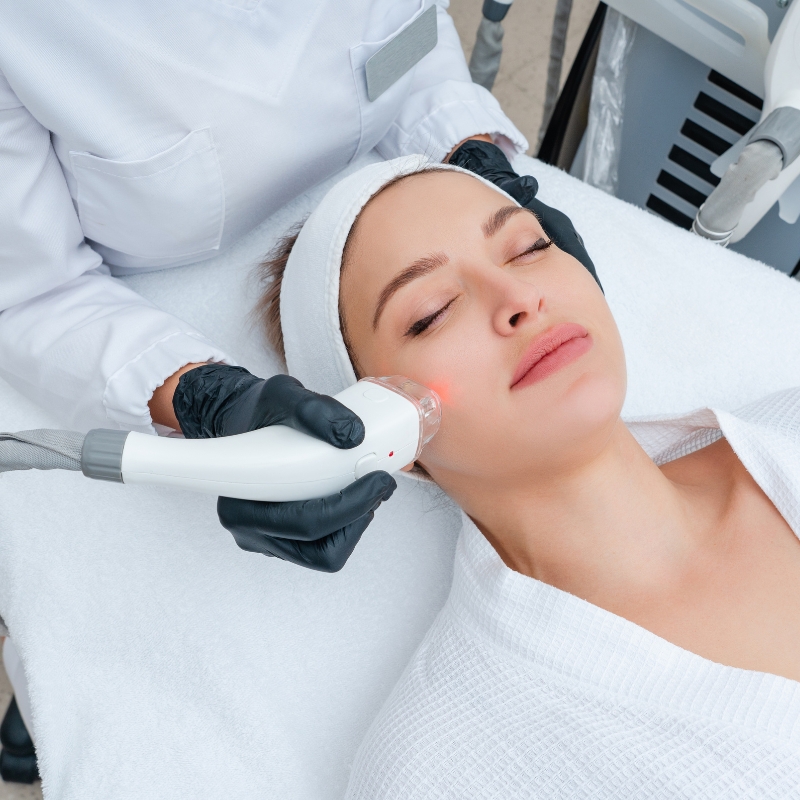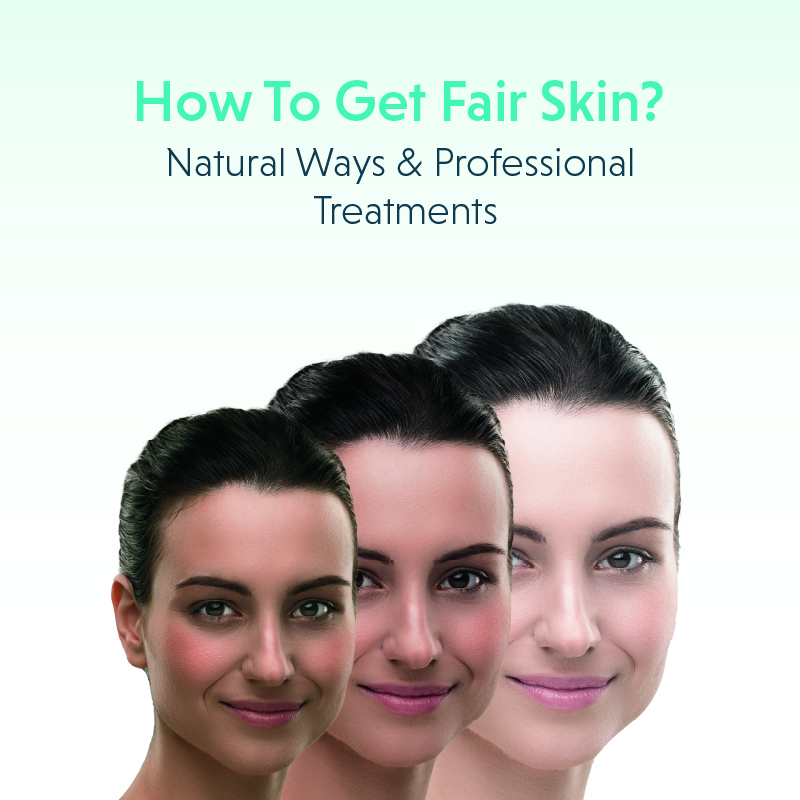Table Of Content
8 Essential Vitamins For Glowing Skin
Vitamins are essential for skin health, as they help repair damage, boost immunity, and keep skin looking fresh. However, if your diet lacks certain vitamins, your skin is likely to suffer—think dryness, acne, or wrinkles. Eating a balanced diet with vitamin-rich foods is crucial for healthy skin. If you are wondering which vitamins are good for skin, this article is a must-read. Read on to discover the perfect vitamins for glowing skin and how to get them through your diet.
Table Of Content
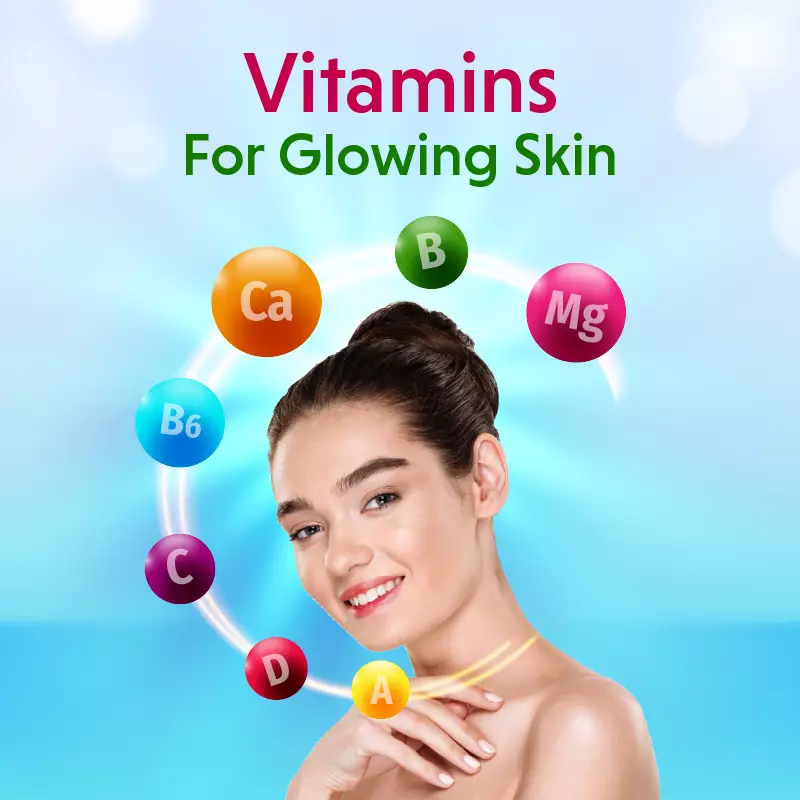
Can A Diet Rich in Vitamins Really Make Your Skin Glow?
Yes, A balanced diet comes enriched with vitamins, minerals, and antioxidants and can work wonders for your skin. Did you know that nutrient-rich foods can nourish your skin from the inside out? They have the potential to promote cell renewal, repair skin damage, and maintain hydration.
Vitamins A, C, and E, found in fruits, vegetables, and nuts, help fight the damage from free radicals. They also boost collagen production for a youthful glow. So, yes, what you eat directly impacts the appearance of your skin. Therefore, a balanced diet enriched with vitamins is something you must try.
Best Vitamins For Glowing Skin:
Achieving radiant skin involves a healthy lifestyle and a balanced diet of essential vitamins. Key vitamins such as A, C, D, E, B3, B5, B7 and B12 play vital roles in skin health. Vitamin A promotes cell turnover, Vitamin C boosts collagen production and brightens the skin, and Vitamin E provides antioxidant protection and moisture. Vitamin K helps reduce dark circles, Vitamin D supports skin repair, while B vitamins like B3 (niacinamide) and B5 (pantothenic acid) enhance skin texture and reduce redness. Incorporating these nutrients into your daily regimen can rejuvenate dull skin, minimize blemishes, and prevent acne, contributing to radiant and glowing skin.
Learn everything about the source of these vitamins, how much to consume, the skin benefits to expect and the signs of vitamin deficiency you need to watch out for.
Essential Vitamins For Glowing Skin:
Vitamin C:
Vitamin C is a crucial nutrient for your skin, the inner and outer dermal layers. It plays a vital role in collagen production, which is essential for healthy skin. Research suggests that vitamin C can reduce the appearance of wrinkles and other signs of ageing. It boosts skin elasticity and protects it against photodamage. Vitamin C also helps lighten pigmentation, regulate melanin production and reduce the effects of tanning.
Food
Citrus fruits (Oranges, grapefruits, lemons), Strawberries, Tomatoes, Guavas etc.
Quantity Needed Everyday (Mg)
40mg
Signs of Deficiency
Bleeding gumsEasy bruising
Skin rashes & fragility
Delayed wound healing
Bone and joint ache
Vitamin C Skin Benefits
The use of vitamin C for glowing skin is common as it helps promote collagen production.
- It reduces hyperpigmentation and scarring.
- Vitamin C is rich in antioxidants and offers anti-ageing benefits as well.
- It strengthens skin tissue and improves texture.
Vitamin E:
Vitamin E is highly valued in skincare to promote skin health. When applied topically, it helps absorb UV rays and mitigates the effects of sun damage. Its skin-conditioning and hydrating properties soothe the skin and prevent inflammation, irritation, and burning sensations.
Foods Rich In This Vitamin
Spinach, Avocado, Almonds, Broccoli, Sunflower Seeds, Peanuts
Quantity Needed Every Day (Mg)
15 mg
Signs of Deficiency
- Dry skin
- Hair loss
- Muscle weakness
- Vision problems
Vitamin E Skin Benefits
- Protects against UV damage.
- It is a natural moisturiser that hydrates the skin.
- Reduces inflammation and scarring.
- Improves skin texture and tone.
- Promotes wound healing.
Vitamin A:
Vitamin A is a popular ingredient in skincare because of its antioxidant properties, which help fight skin infections and signs of premature ageing. Retinol, derived from Vitamin A, lends anti-inflammatory benefits for acne-prone skin, reducing related symptoms. Incorporating vitamin A-rich foods into your diet can reduce wrinkles, fine lines, and the impact of free radicals. It also enhances collagen production for improved skin elasticity.
Foods Rich In This Vitamin
Sweet potatoes, Carrots, Kale, Spinach, Liver, Cod liver oil, Cereals, Eggs
Quantity Needed Every Day
700-900 mg
Signs of Deficiency
- Dry skin
- Poor wound healing
- Night blindness
Vitamin A Skin Benefits
- Promotes cell turnover and renewal.
- Boosts collagen production.
- Fights acne and breakouts.
- Improves skin elasticity.
- Enhances overall skin health.
Vitamin D:
When exposed to sunlight, your body can naturally synthesise vitamin D from cholesterol. The kidneys and liver use this essential nutrient to generate new skin cells. Topical creams containing the vitamin D derivative calcitriol effectively address skin conditions like psoriasis. In addition, one can consume foods rich in this vitamin and consider supplementation to maintain healthy vitamin D levels.
Foods Rich In This Vitamin
Fatty fish, Fortified dairy products, Soya products, Cereals
Quantity Needed Every Day
15 mcg for adults.
Signs of Deficiency
- Bone pain
- Muscle weakness
- Frequent infections
Vitamin D Skin Benefits
- Supports skin cell growth and repair.
- Promotes skin barrier function.
- Helps regulate sebum production.
- Reduces acne and inflammation.
- Protects against UV damage.
Vitamin B12:
Vitamin B12 is crucial in maintaining healthy skin as it plays a significant role in cell metabolism and DNA synthesis. Adequate levels of vitamin B12 help form new skin cells, making the skin radiant and youthful. This vitamin also boosts energy and reduces overall stress in the body, replenishing the skin.
Foods Rich In This Vitamin
Cheese, Meat, Fish, Eggs, Milk
Quantity Needed Every Day
1.3-2.4 mg for adults, depending upon age and stage.
Signs of Deficiency
- Fatigue
- Pale skin
- Mouth sores
- Hair loss
Vitamin B12 Skin Benefits
- Maintains a healthy skin barrier.
- Reduces redness and irritation.
- Regulates oil production.
- Promotes even skin tone.
- Improves overall skin texture and appearance
Vitamin B7 – Biotin:
Vitamin B7, also known as biotin, offers several benefits for the skin. It promotes skin renewal and repair by supporting the metabolism of fats, proteins, and carbohydrates. Biotin also helps produce fatty acids crucial for maintaining skin moisture and elasticity. Additionally, it promotes hair growth and nail health to lend a radiant and youthful appearance.
Foods Rich In This VitaminEggs, Nuts, Seeds, Fish, Avocado
Quantity Needed Every Day
Adequate intake is 30-35 mcg for adults.
Signs of Deficiency
- Brittle nails
- Hair loss
- Dry skin
- Fatigue
Vitamin B7 Skin Benefits
- Improves skin hydration.
- Enhances skin elasticity.
- Promotes a healthy scalp.
- Supports overall skin health
Vitamin B5:
Vitamin B5, also known as Pantothenic Acid, offers amazing benefits for skin health. It has exceptional moisture retention capabilities and can significantly boost skin hydration. Vitamin B5 strengthens the skin’s natural barrier and prevents signs of ageing. It is also an ‘anti-stress’ vitamin; hence, it is helpful in skin cell rejuvenation while supporting the healing process.
Foods Rich In This Vitamin
Avocado, Whole grain, Chicken, Sunflower seeds, Mushrooms, Broccoli.
Quantity Needed Every Day
5 mg for adults.
Signs of Deficiency
- Dry skin
- Acne
- Fatigue
- Insomnia
Vitamin B5 Skin Benefits
- Hydrates the skin from within by retaining moisture.
- Leaves skin supple and soft, lending it a smooth, even texture.
- Reduces redness and inflammation.
- Accelerates wound healing.
- Regulates oil production.
- Improves skin barrier function.
Vitamin B3:
Vitamin B3, known as niacinamide, helps protect the skin from sun damage. It lowers the risk of non-melanoma skin cancer (although more research is required to confirm it). This vitamin plays a significant role in reducing hyperpigmentation caused by sun exposure. It combats UV-induced dark spots and wrinkles, slowing skin ageing and boosting elasticity. Vitamin B3 also hydrates the skin, thus relieving non-inflammatory acne symptoms.
Foods Rich In This Vitamin
Chicken, nuts, seeds, tuna, peanuts, mushrooms
Quantity Needed Everyday
16 mg for adult males, 14 mg for adult females
Signs of Deficiency
- Skin rash
- Diarrhea
- Dementia
- Fatigue
Vitamin C Skin Benefits
- Reduces fine lines and wrinkles
- Improves skin texture and tone
- Helps minimise open pores
- Increases skin hydration
- Protects against environmental damage
Take Away
Vitamins play a significant role in keeping your skin looking young, healthy and radiant. Among the different vitamins for glowing skin, the B vitamins stand out in their benefits along with Vitamins A, C, and E. Consider taking Vitamin B complex supplementation under guidance from your dermatologist to support your skincare regimen. A balanced approach under professional supervision and a healthy diet is always the best way to maintain skin health.
Frequently Asked Questions
Vitamin C is one of the best vitamins for achieving a healthy skin glow. It promotes collagen production, helps reduce the appearance of fine lines, and brightens the skin tone.
Vitamins C, B3, and E can help lighten the skin. These vitamins reduce pigmentation, protect against UV damage, and promote an even skin tone.
Vitamin B12 is essential for overall skin health but is not specifically known for making the skin glow. It supports the regeneration of skin cells and can help with issues such as dryness and dullness.
Yes, Vitamin C is highly effective in giving the skin a radiant glow. It brightens the skin, reduces dark spots, and boosts collagen production, leading to a more youthful and luminous complexion.
Both Vitamin C and Vitamin E have significant benefits for the skin, but they serve different purposes. Vitamin C is excellent for brightening and collagen production, while Vitamin E is a powerful antioxidant that helps protect the skin from damage and keeps it moisturized. Using both can provide comprehensive skin benefits.
Our certified subject matter experts do extensive research and collate facts from reputed scientific journals and international studies to create informative and engaging articles related to all your dermatology concerns. They strive to help you decipher medical jargon, distinguish fact from fiction and overcome paranoia. Our qualified medical board or expert panel goes a step further to verify these facts based on their rich academic knowledge, vast clinical experience and critical industry insights to ensure you consume only medically accurate content that empowers you to make informed decisions about your hair and skin-care treatments and weight management. Check out our Editorial policy for further details.
https://www.ncbi.nlm.nih.gov/pmc/articles/PMC4976416/
https://pubmed.ncbi.nlm.nih.gov/2933053/
https://ods.od.nih.gov/factsheets/VitaminA-Consumer/
https://ods.od.nih.gov/factsheets/VitaminD-HealthProfessional/
https://ods.od.nih.gov/factsheets/VitaminB12-HealthProfessional/
https://www.hsph.harvard.edu/nutritionsource/biotin-vitamin-b7/
https://ods.od.nih.gov/factsheets/PantothenicAcid-HealthProfessional/
https://ods.od.nih.gov/factsheets/Niacin-HealthProfessional/
History


